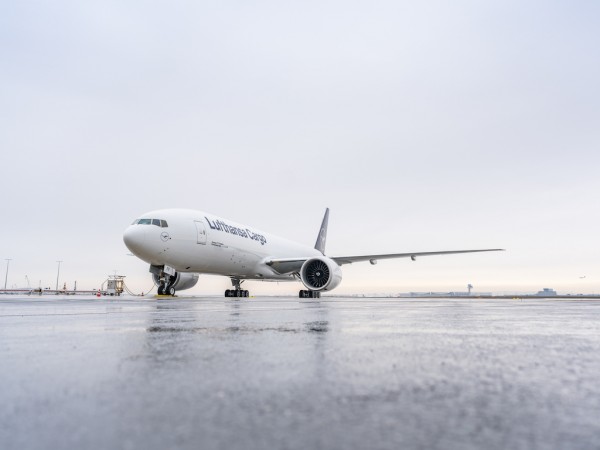Deutsche Lufthansa AG’s fleet of Airbus SE A380 jets will be mothballed for at least two years and may never return to service as demand for long-haul travel remains subdued in the wake of the coronavirus outbreak.
With Lufthansa already retiring about half of its 14 superjumbos, remaining jets will be relegated to its secondary hub in Munich. Flights could resume there in 2022 if there’s enough demand on “thick” routes such as New York and Chicago, said Klaus Froese, who runs the carrier’s main Frankfurt base.

The Covid-19 pandemic is hastening the demise of the A380 as a front-line aircraft, with Air France phasing out the jet and Dubai-based Emirates, the largest operator, said to be mulling plans that could see 65 retired. Lufthansa grounded the double-decker in March with the rest of its passenger fleet as the virus spread, and has said seven planes will be permanently withdrawn.
Froese said that while the current plan is for the remaining A380s to make a comeback, that will only happen if they have a role to play, and that what was once a marquee model has lost its allure, especially since Airbus decided to call a halt to the program after orders dried up.
“This is no longer a question of prestige, that’s a thing of the past,” he said. “It changed pretty quickly since the decision to no longer build the aircraft.”
Better Fit
Munich, which began limited A380 services in 2018, may be a better fit for the mammoth jet because costs at a terminal part-owned by Lufthansa are lower, and fewer, higher-capacity frequencies may be better suited to the market.
Lufthansa expects to take delivery of Boeing Co.’s first 777X wide-bodies from the middle of next year, Froese said. Those planes are set to be deployed at Frankfurt, with Munich served by the rival Airbus A350.
Chief Executive officer Carsten Spohr has said the fleet will be cut by about 100 aircraft overall, with retirements skewed to the biggest, thirstiest aircraft.
Lufthansa has also permanently withdrawn 10 A340s and five Boeing 747-400s. Remaining examples of the aging four-engine models are also likely to exit earlier than planned, though the smaller A340-300 variant may last longer and the upgraded 747-8 still has a future, Froese said.









